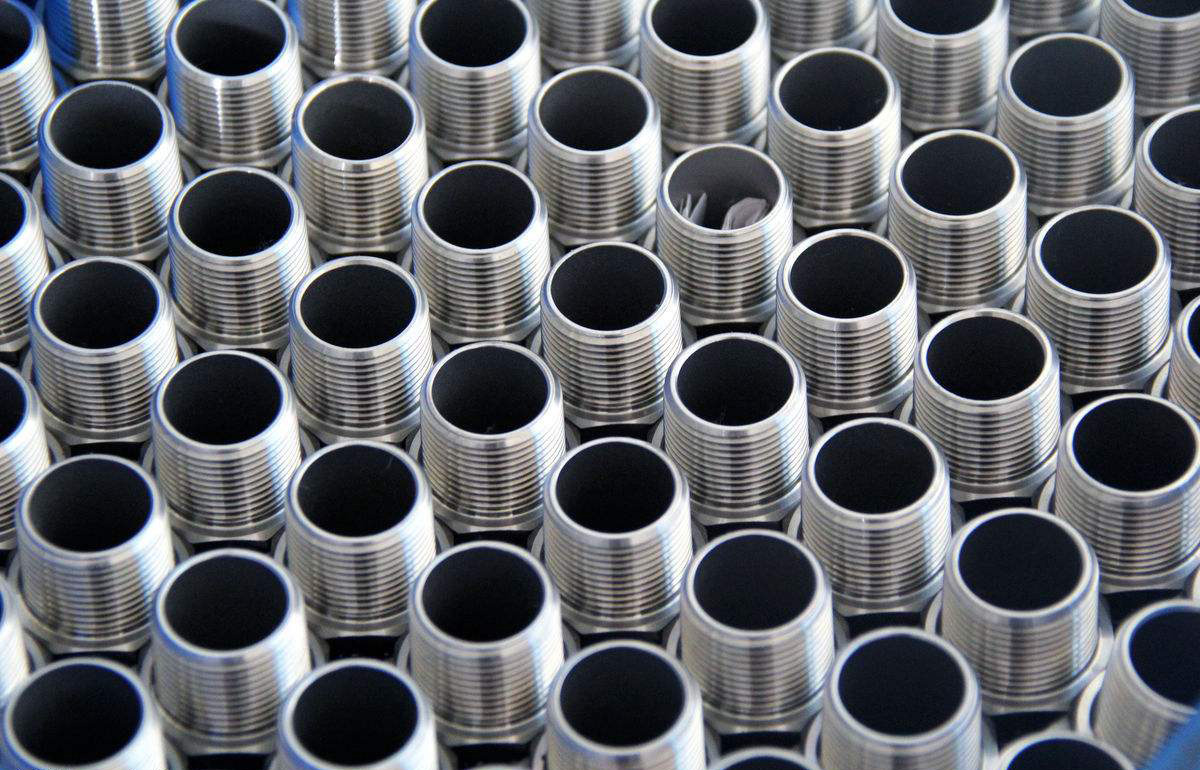The automated optical inspection is a process that was created to facilitate the work of many companies and today has multiple uses.

some of them are:
- Manufacture of films for the production of PCBs: Films used as plates (Negative or Protolithic) for the printing of circuits are susceptible to deterioration during their handling. A defect detected in this stage allows correcting the film or replacing it with a new one, preventing the repetition of the error in all the cards that are going to be produced. This task can be performed by an automated optical inspection machine
– Etching process: Etching process involves the removal of copper by an acid medium and is thus discovered in the development process, leaving the circuit as it is actually going to be presented in its later stages. In this stage it is only possible to repair the shorts detected between copper tracks. In principle, the open tracks are not repairable since the copper has been removed and cannot be replaced. However, it should be mentioned that there are systems that carry out the corresponding repair, like the other previous uses, the automated optical inspection machine can allow corrections in this stage
– Measurement: Sub-pixel measurement tools, combined with the necessary optics and stable illumination, provide accuracy and repeatability to ensure manufacturing accuracy.
– Internal layers of multilayer circuits: In the process of manufacturing multilayer cards, the use of an automated optical inspection machine is essential since if a defect in an internal layer is not detected in time, once the circuit is finished there will be no way to repair it and the whole process will be lost or depending on the supplier, the defective circuit could eventually be sent to the client producing disastrous consequences during the process of setting up an electronic product.
- Photopolymer Inspection: After the photopolymer development process (Photoresist), where the areas of copper that were not burned when exposed through the negative to ultraviolet light are discovered. If at this stage, simple and correctable defects are detected, the related circuits may continue with the next process. Otherwise, they can be returned to remove the photopolymer and apply it again without losing the circuit that already has the metallizing process without losing it saving a significant cost for the company. All this can be done by an automated optical inspection machine
These machines are applied in a large number of companies, from mechanical companies to companies such as agricultural laboratories and companies that distribute seeds and organic products. Due to its large number of uses, Sipotek has developed the best automated optical inspection machines to meet all the needs that customers may have with respect to their optical inspection machines.
Sipotek has created a wide range of optical inspection machines, which you can consult on its website. The automated systems of optical inspection of Sipotek can be located in the manufacturing line of any company since it is not required to change software or hardware in this equipment, which means that it will last for many years
About Shenzhen Sipotek Technology Co., Ltd
Started in 2002, Sipotek Technology is located in Shenzhen in China. The company designs and manufactures visual inspection systems with its avant-garde R&D department and a great experience in artificial vision technologies. The Sipotek Technology staff supports customers 360 degrees, from listening to their requests to the development of ambitious machines for quality control.

For Inquiries:
Contact Person: James Yuan
Company: Shenzhen Sipotek Technology Co., Ltd
Tel: 86-755-36994123
Email: info@sipotek.net
Europages:https://www.europages.co.uk/SHENZHEN-SIPTEK-TECHNOLOGY-CO-LTD/00000005336190-634494001.html
Website: https://www.sipotek.net
No comments:
Post a Comment